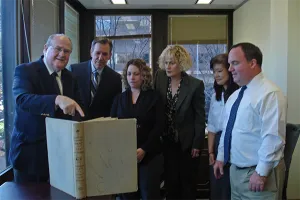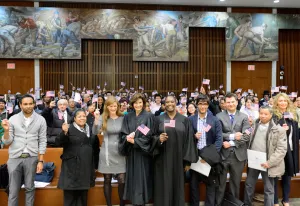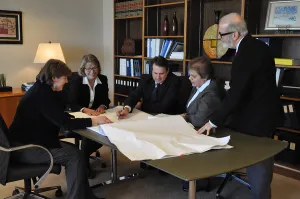An official website of the United States government
Here’s how you know
Official websites use .gov
A
.gov website belongs to an official government
organization in the United States.
Secure .gov websites use HTTPS
A
lock
(
) or https:// means you’ve safely connected to
the .gov website. Share sensitive information only on official, secure websites.




